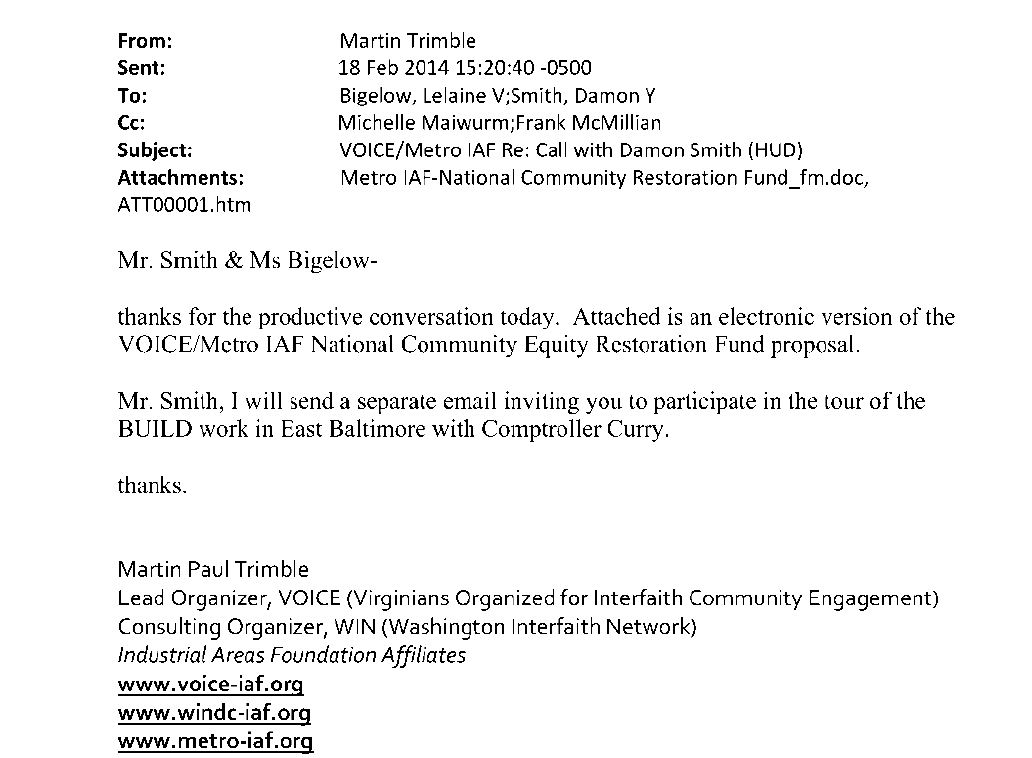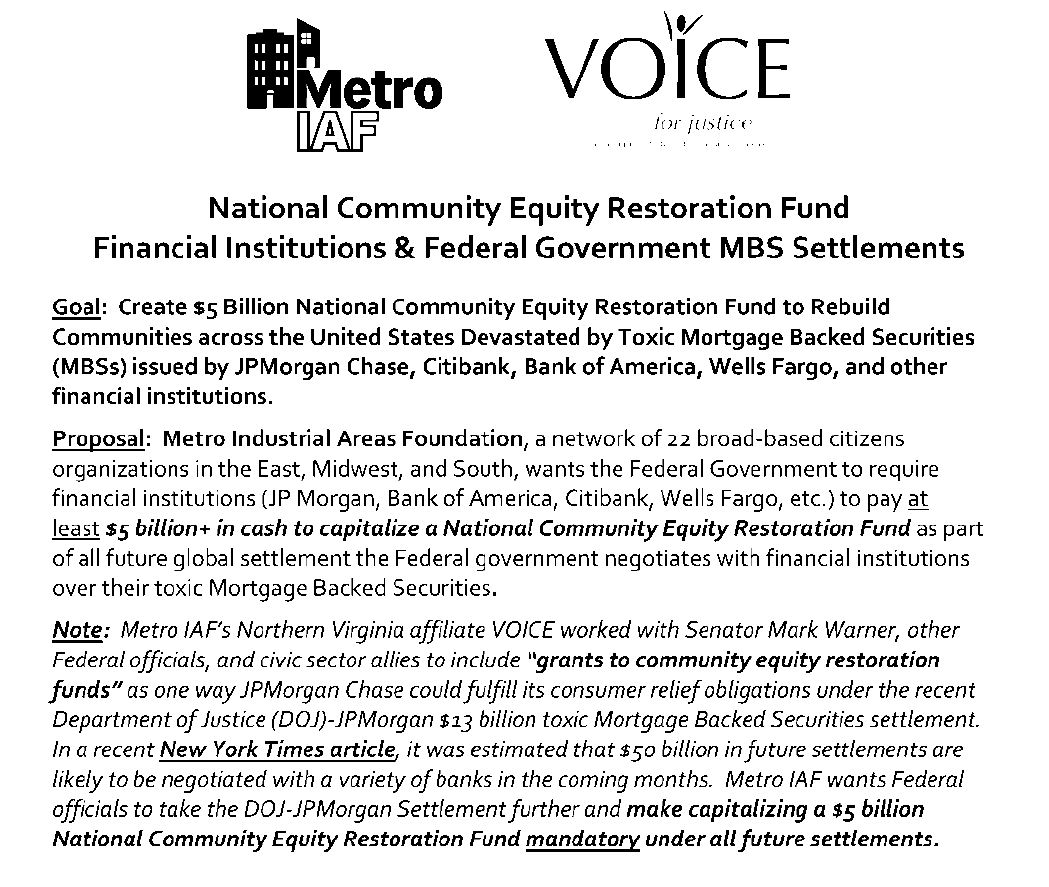Cause of Action Institute and Sunlight Foundation file petition to advance rule that would promote broad disclosure of agency records
Washington, DC – Cause of Action Institute (“CoA Institute”) today joined the Sunlight Foundation in filing a petition for rulemaking demanding the Trump administration move forward with a rule to promote government transparency and broad public disclosure of agency records. The Release to One, Release to All rule, first proposed by the Obama administration, mandates that agencies make records produced in response to Freedom of Information Act (“FOIA”) requests also publicly available on the agencies’ websites, with certain limited exceptions. CoA Institute also led a broad coalition of government transparency organizations in sending a letter to the White House Office of Management and Budget (“OMB”) and Department of Justice Office of Information Policy urging action to finalize the rule.
CoA Institute Counsel and Senior Policy Advisor James Valvo: “‘Release to One, Release to All’ is a great way to increase the amount of government information in the public sphere. When agencies release information under FOIA, with limited exceptions, it is prepared for release to the public. The Obama administration has already run the pilot program and the Department of Justice has already accepted public comment on the policy. It’s time to finalize it.”
Sunlight Foundation Deputy Director Alex Howard: “Despite multiple requests for updates from the Justice Department over the past year, it does not appear the Trump administration has any plans to finalize and promulgate this policy, or even answer basic questions about why it has stalled. Our petition compels the Trump administration to either move forward with disclosure and implementation, or explain why they don’t believe the policy is workable. The ‘Release to One, Release to All’ policy for the Freedom of Information Act has broad support within the transparency community, and we deserve an explanation as to why progress has ground to a halt after months of analysis, planning and responsive feedback to a request for public comment.”
On June 30, 2016, President Obama directed a review of the feasibility of such a FOIA policy. More than ten months have passed since the January 1, 2017 completion deadline for that review. Despite this analysis and gathering public comments, progress on the rule has now halted completely without explanation.
For these reasons, CoA Institute led a group of 22 organizations in sending a letter to the White House and Justice Department urging them to take the next step in finalizing the policy.
The letter states:
“Release to One, Release to All” is sound public policy that would increase government transparency and leverage the existing investment in FOIA disclosures… Placing this information in the public domain would allow the public to know what type of information is being requested, to search these prior productions for information relevant to their own purposes, and, perhaps, decrease the number for future requests or facilitate future requesters making more informed and targeted requests. What’s more, placing these information resources into the public domain has the potential to create unknown benefits, such as analyses of patterns in FOIA requests and harnessing of the information for other uses… We urge you to take the next step and finalize the policy.
The petition for rulemaking can be found here.
The letter can be found here.
For information regarding this press release, please contact Zachary Kurz, Director of Communications at CoA Institute: zachary.kurz@causeofaction.org


